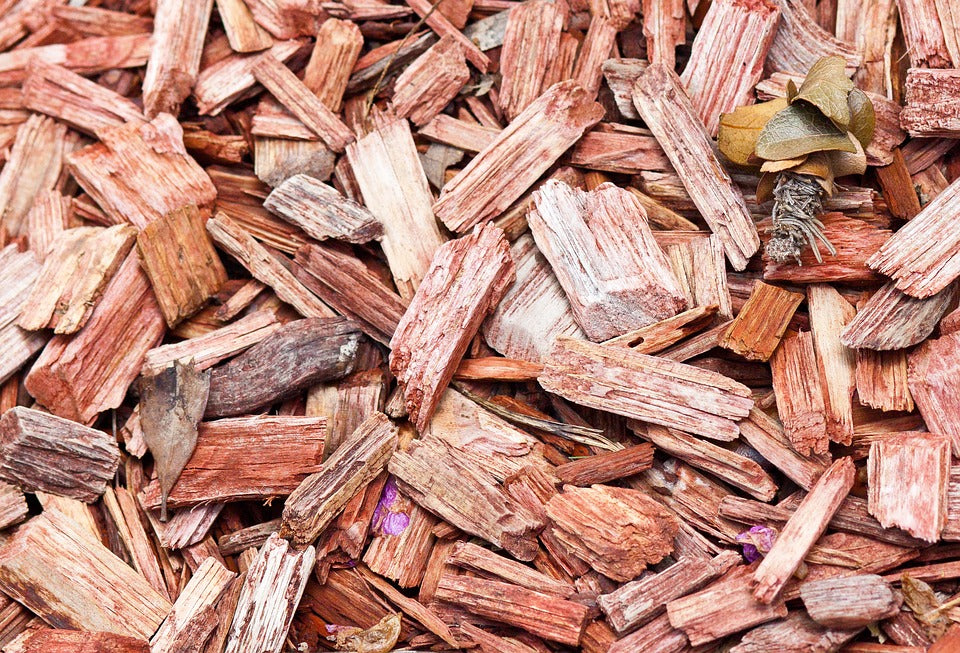
So Many Mulch Options
Share
What is mulch commonly made of?
The composition of mulch can vary, but organic contents generally consist of mixes including, but not limited to; bark chips, leaves, pine straw, wood chips, peat moss, composite, manure, and grass clippings.
Inorganic mulch can be; pebbles, gravel, river rock, landscaping fabrics, stones, rubber and brick chips.
Where do I use mulch?
Typically, mulch is spread at the base of plants, through landscape designs and more.
What causes erosion?
Rain, wind, frost, sprinkler splatter, and more can cause unprotected soil to erode.
Why is erosion a bad thing?
Depleting of soil around your plants can move vital nutrients in the soil away from the plant. Ensuring your plant has a healthy diet near ensures survival of your plants. Loss of nitrogen, and phosphorus need to stay near for your plants to thrive.
Can mulch aid against erosion?
Mulch only deters erosion, but provides additional nutrients for the soil as the erosion breaks down the area. Using a landscape material around your plants to aid in heavy erosion areas can also reduce the likeliness of your plants losing nutrients.
What are the benefits of mulch?
- Provides nutrients and added health benefits.
- Protection – reduces likelihood of erosion, compacting of soil, and weed growth.
- Insulation – maintains even soil temperatures and keeps moisture near.
What else does mulch do?
- Slows evaporation - soils left without mulch can bake in the sun leaving your plants without the water needed for growth. The barrier created by mulch slows the evaporation process.
- Prevents weed growth – Germination of weed seedlings happens with exposure to the sun. Where mulch exists, these seedlings are less likely to germinate.
- Reduces time in care.
- Lower cost than other landscaping options with great benefits.
Does mulch require maintenance?
Yes, because organic mulches decompose and add health benefits back to your plants each spring it is important to add approximately ½ to 1 inch of fresh mulch top coating to compensate for lost mulch.
Does mulch attract insects?
If not used properly mulch can be an inviting atmosphere for some insects. However, mulch does not attract insects and depending on the type of mulch you choose when used properly you may find it repels some types of insects. Ensure you are using the correct amount of mulch in your landscape. Too much mulch can make for an environment that retains water increasing insect activity, bacteria and growth of fungi. Watering at the base of your plants rather than the whole mulch bed and stirring your mulch after a rainy day can help with moisture control.
How do I decide organic vs. inorganic mulch?
Inorganic mulch is ideal for areas with steep slopes and hard to maintain landscaping areas where organic mulch offers nutrients in areas there may be health concerns for your plants. Organic mulch also needs to be replenished as it decomposes to feed your plants creating a rich area for growth and other organisms.
